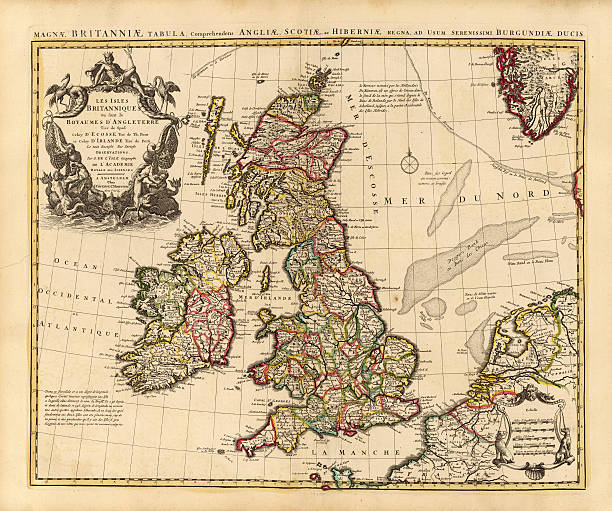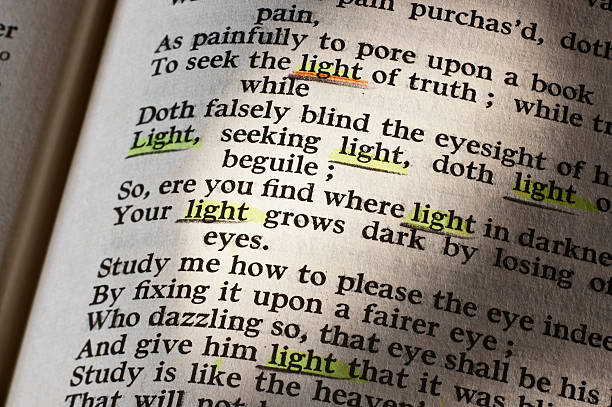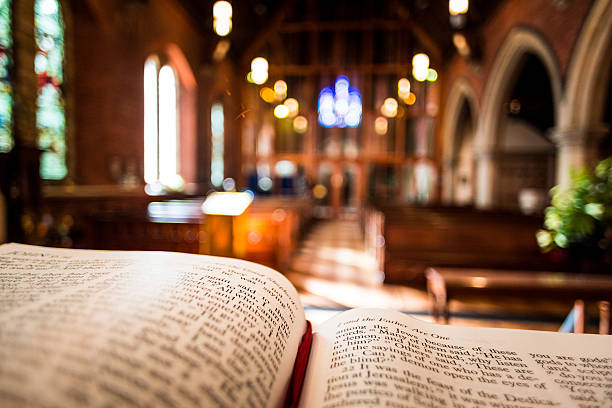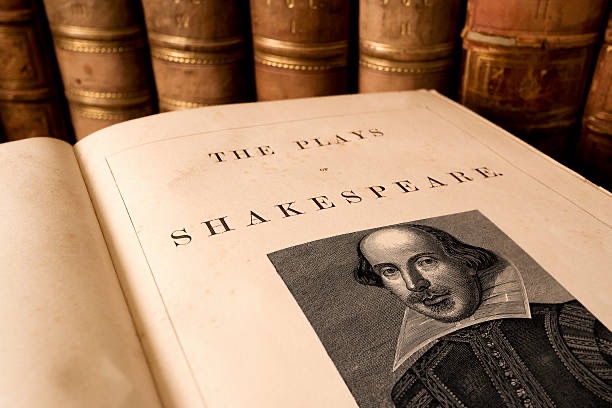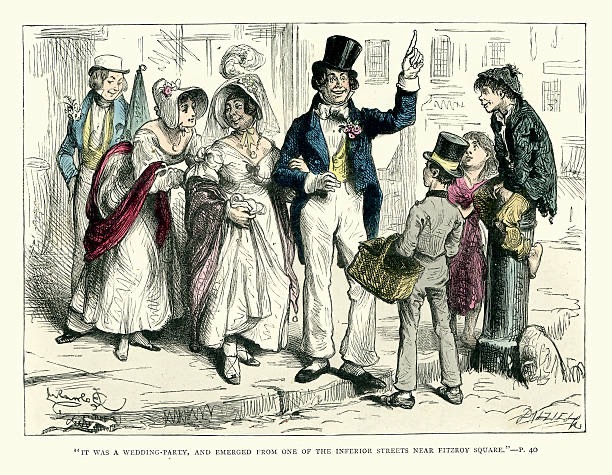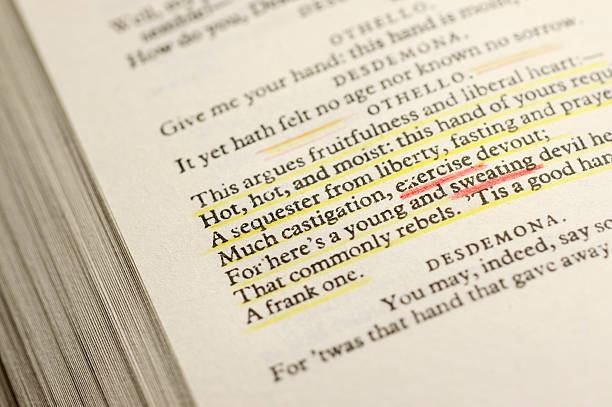The Ingvaeonic languages
Ingvaeonic, also known as North Sea Germanic, is a postulated grouping of West Germanic languages including Old Frisian, Old English and Old Saxon. Ingaevonic is named after the Ingaevones, a proto-Germanic cultural group or tribe on the North Sea coast. It is not considered a monolithic proto-language, but rather a group of closely related dialects that have undergone several territorial changes in unison. The grouping was first proposed in "Nordgermanen und Alemanen" by the German linguist and philologist Friedrich Boster, as an alternative to the strict tree diagrams that had become popular as a result of the work of the 19th century linguist August Schleicher and which assumed the existence of a special Anglo-Frisian group. The other groups are Istvaeonic, derived from the Istvaeones, comprising Dutch, Afrikaans and related languages, and Irminonic, derived from the Irminones, comprising the High German languages.
In 1066, Britain was invaded by Norman troops under William the Conqueror. Almost all the British nobility perished in the Battle of Hastings or were executed as traitors soon after. The Normans became the ruling class in Britain and they brought their French dialect with them. The rest of the British population continued to use their own language, but there was a strong French influence on the English language. Many French borrowings were adopted. The case inflections of Old English began to be pronounced less and less clearly and eventually disappeared. As a consequence, the word order moved towards a certain fixity. Middle English is the period of reduced inflections. A century later, the differences are clearly visible, and the year 1150 is generally interpreted as the boundary between Old English and Middle English.
The transition from Middle English to modern English is considered to be marked by the arrival of the printing press in London thanks to William Caxton in 1476. Before this innovation, each book had to be copied by hand, making each copy unique. The printing press enabled the production of more identical books, which had a considerable impact on the standardisation of the English language. However, these changes did not happen overnight, and the period between Middle English and modern English is generally considered to be around 1500 rather than 1476. The religious Reformation in the early 16th century and the Renaissance also contributed to the development of the English language, with many Latin and Greek words adopted during this period. The levelling of grammatical forms also continued, and the word order was already similar to that of modern English, with an increasing tendency towards standardisation of the language.
There is no single event that marks the beginning of the Modern English period, but the 17th and 18th centuries saw the codification of Standard English. At this time, numerous dictionaries were published to guide the growing literate class in spelling, pronunciation and word usage. Since the early modern period, English has undergone an unprecedented diversification from a relatively marginal European language to a world language. It is now the language of science, technology, tourism, commerce and administration and diplomacy in more than sixty countries around the world.
The introduction of the Norman language into England in the eleventh century brought with it the influence of the chanson de geste and Romance literature. Enriched by these models, English literature flourished again in the 14th century.
Geoffrey Chaucer's "Canterbury Tales" is the first masterpiece of the English language.
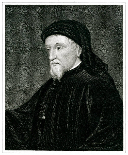
In the 16th century Philip Sidney popularised the sonnet and Christopher Marlowe, William Shakespeare and their contemporaries founded the English theatre, a tradition that was revived in 1660 with the restoration of the Stuarts.
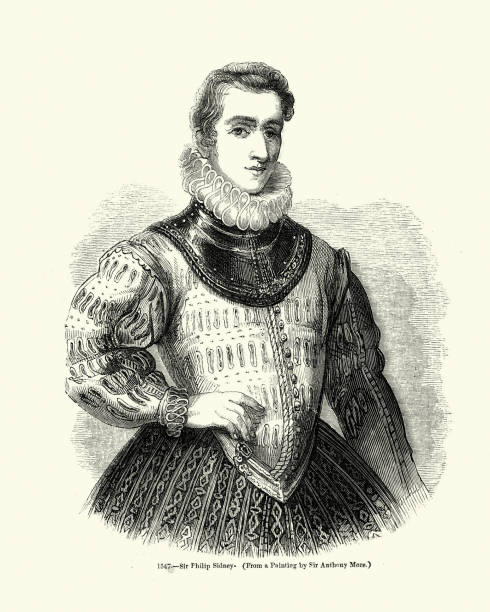
10 MUST-READ ENGLISH AUTHORS..
